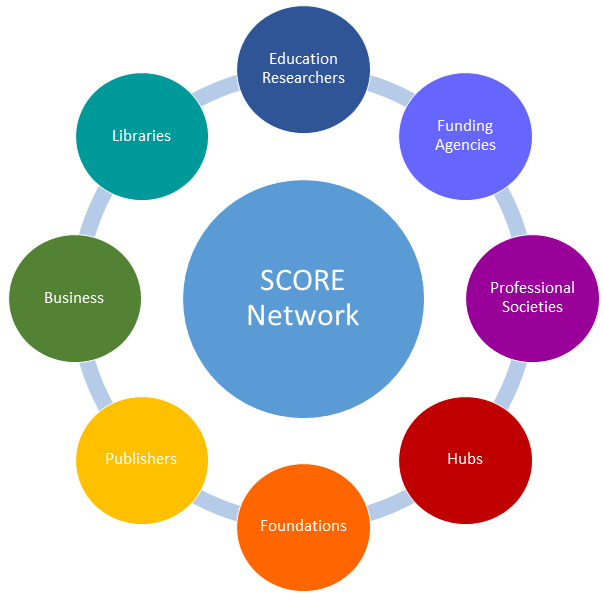Meeting Report: Sustainability Challenges for Open Resources to promote an Equitable Undergraduate Biology Education (SCORE-UBE) Network
Author(s): Carrie Diaz Eaton1, Kaitlin Bonner2, Karen Cangialosi3, Bryan Dewsbury4, Maggie Diamond-Stanic5, Jason Douma6, Michelle Smith7, Jeremy M Wojdak8
1. Bates College and QUBES 2. St. John Fisher College 3. Keene State College 4. University of Rhode Island 5. Bates College 6. University of Sioux Falls 7. Cornell University 8. Radford University
1500 total view(s), 176 download(s)
SCORE Summit Report_Final.pdf(PDF | 306 KB)
- License terms
Description
Meeting report manuscript submitted to CBE-LSE for publication. In October of 2019 the Sustainability Challenges for Open Resources to promote an Equitable Undergraduate Biology Education (SCORE-UBE) Network hosted a conference at Bates College. Participants from multiple sectors in open educational resources (OER) in biology, including librarians, instructional technologists, instructors, education researchers, funders, OER hubs, open source software developers, and college administrators were invited to be part of a discussion about sustainability in tandem with equity, and social justice. One key point was that a vibrant OER ecosystem requires moving away from being a static resource repository and into a dynamic community hub, acknowledging that OER is not just about cyberinfrastructure, it is about a community of practice. Therefore, OER work involves the often invisible labor of community organizing in addition to that of web and resource development. Financial support from a diverse set of funders is important to reap the potential rewards for student learning - both in terms of cost savings and student retention, as well as the opportunity to support emerging fields and inclusive pedagogies. However, applying a social justice lens on future financial sustainability plans needs to be on the minds of non-profit organizations.
Cite this work
Researchers should cite this work as follows:
- Eaton, C. D., Bonner, K., Cangialosi, K., Dewsbury, B., Diamond-Stanic, M., Douma, J., Smith, M., Wojdak, J. M. (2020). Meeting Report: Sustainability Challenges for Open Resources to promote an Equitable Undergraduate Biology Education (SCORE-UBE) Network. Sustainability Challenges for Open Resources to promote an Equitable Undergraduate Biology Education (SCORE-UBE), QUBES Educational Resources. doi:10.25334/V5BY-ZT28
